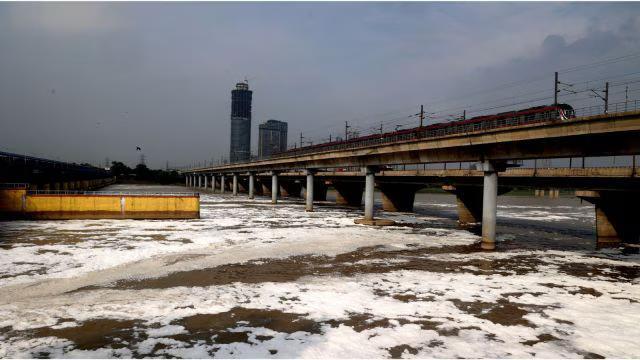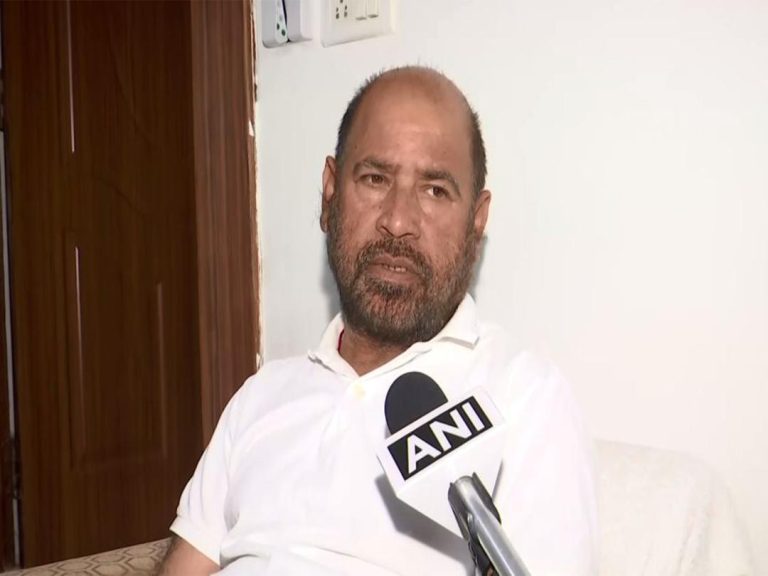
Delhi’s Yamuna is more polluted than ever: Report
The Yamuna River, which flows through the heart of Delhi, has become increasingly polluted over the years, with recent reports indicating that its water quality has reached alarming levels. According to a report by the Delhi Pollution Control Committee (DPCC), the river’s pollution has reached an all-time high, with key water quality indicators far exceeding safe limits. The report highlights the severity of the situation, emphasizing the urgent need for immediate action to address the crisis.
The DPCC report cites faecal coliform levels as a major cause for concern. Faecal coliform bacteria are often linked to untreated sewage, and in the case of the Yamuna, these levels are staggering – around 4,000 times the permissible limit. This indicates that a significant portion of the river’s pollution is a direct result of untreated sewage entering the waterbody.
The report also found that nearly half of Delhi’s sewage treatment plants failed to meet basic standards. This is a shocking revelation, especially considering the city’s rapid growth and increasing population. As the city’s population continues to swell, the need for effective sewage management systems becomes more pressing than ever.
The consequences of such severe pollution are far-reaching and devastating. The Yamuna River is not only a vital source of water for millions of Delhiites but also a habitat for numerous plant and animal species. The pollution is not only harming the environment but also posing a significant risk to human health.
The report highlights the need for a multi-faceted approach to address the crisis. The DPCC has recommended increasing the number of sewage treatment plants, improving the existing infrastructure, and implementing measures to reduce the amount of untreated sewage entering the river. The report also emphasizes the need for public awareness campaigns to educate residents about the importance of proper waste disposal and the impact of pollution on the environment.
The severity of the situation is not lost on the authorities. In recent years, the Delhi government has taken several measures to improve the river’s water quality, including the construction of new sewage treatment plants and the implementation of waste management programs. However, more needs to be done to address the crisis.
The report’s findings are a stark reminder of the importance of effective environmental governance. The Delhi government must take immediate action to address the pollution crisis and ensure that the city’s waterways are protected for future generations.
In conclusion, the report by the DPCC is a wake-up call for the city’s residents and authorities alike. The Yamuna River is a vital part of Delhi’s ecosystem, and its pollution poses a significant risk to human health and the environment. It is essential that the city’s authorities take immediate action to address the crisis, and that residents take responsibility for their actions and contribute to the solution.
Source: https://www.newsbytesapp.com/news/india/delhis-yamuna-more-polluted-than-ever-warns-report/tldr






